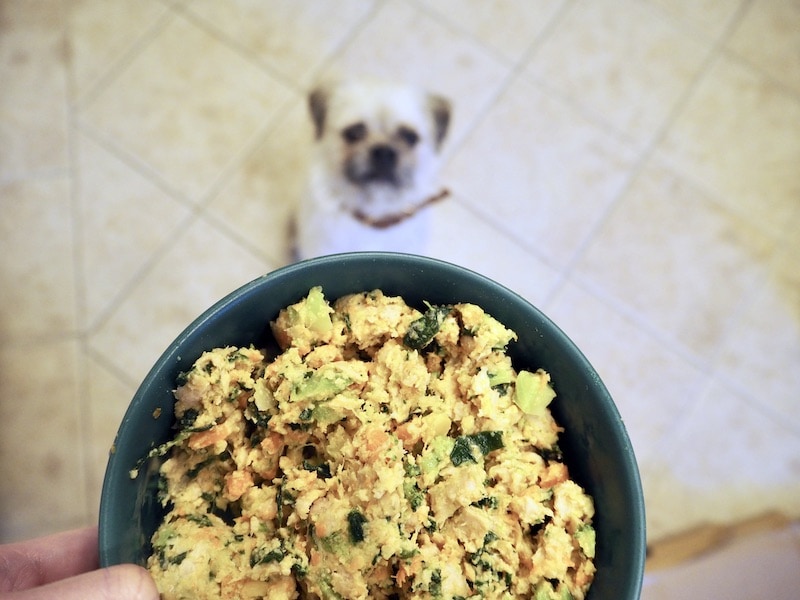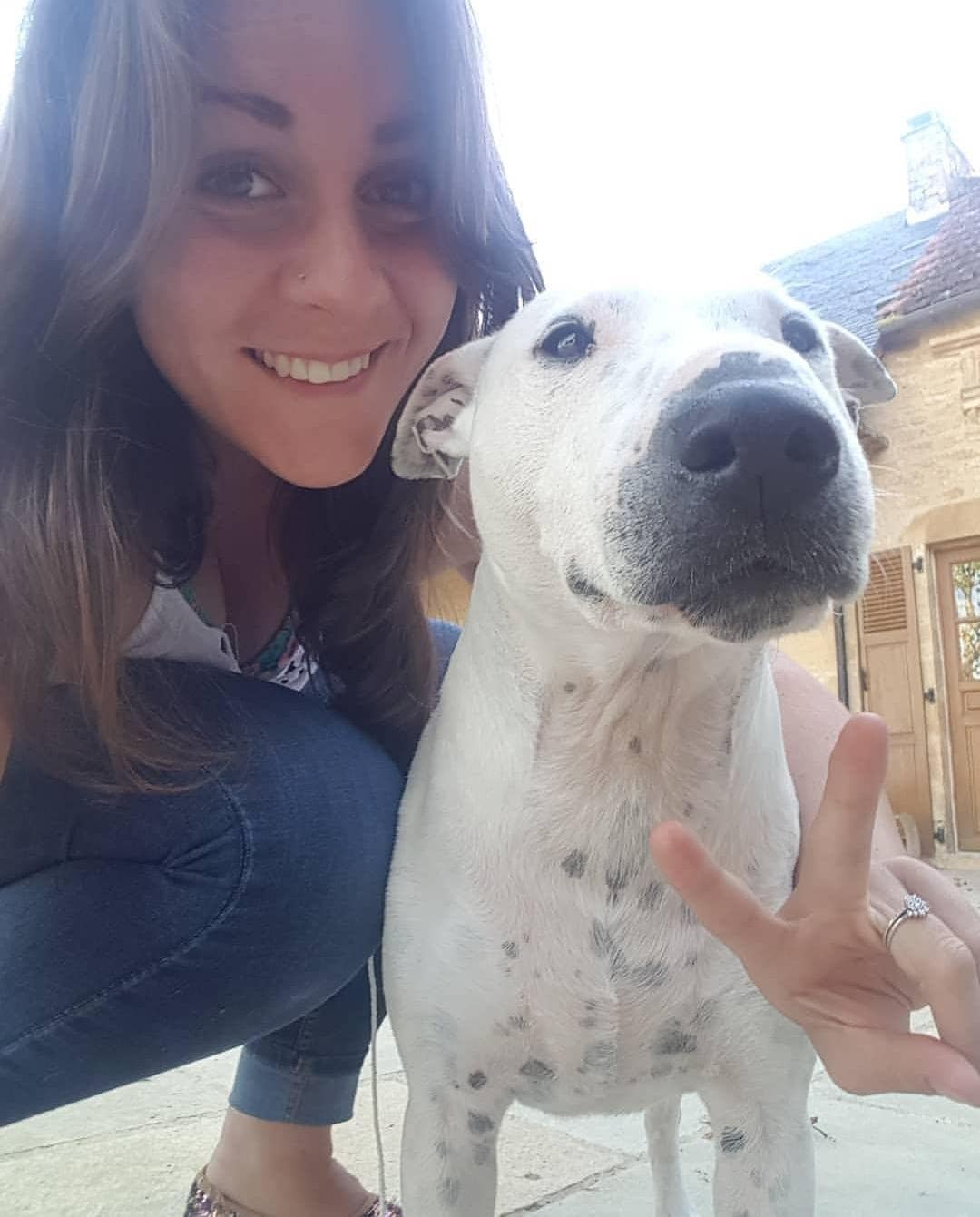German Shepherd Not Eating: 10 Reasons Why & What to Do

Updated on
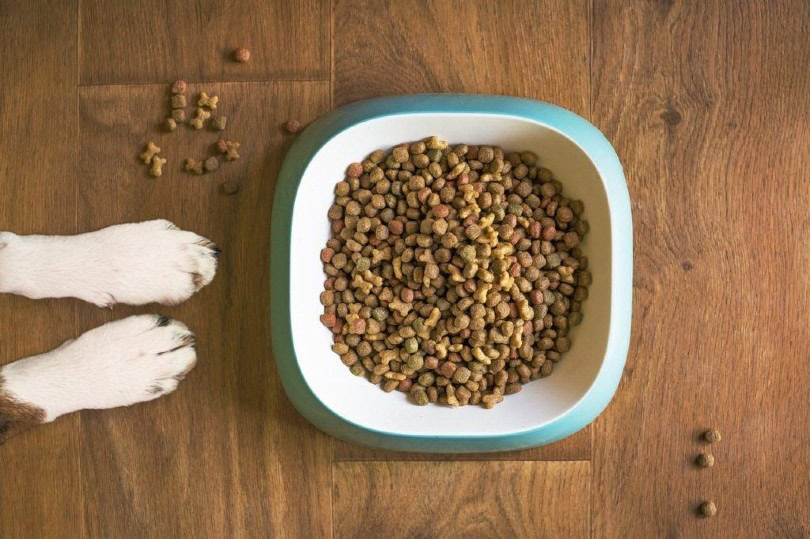
Determining the causes of a loss of appetite in your German Shepherd is often tricky. The symptom is non-diagnostic and can point to so many reasons. It can indicate minor things or something more serious. The best way to find out what’s going on is to make a note of anything else you see. Is there nausea or vomiting? Is your pet experiencing GI distress? You should be aware of anything unusual.
When symptoms appear together, it can give your veterinarian a shortlist of things to check. Just saying that my German Shepherd is too skinny is vague. It can make learning the root of the problem more difficult. Let’s review some of the common causes to help put your mind at ease.
Top 10 Reasons Why Your German Shepherd Is Not Eating
1. Your Pup Doesn’t Like Its Food
Sometimes, the most straightforward answer is the correct one. It’s also the most innocuous of them. If you’ve recently changed your dog’s diet, your German Shepherd may merely not like the new food. Remember that canines have a keen sense of smell with over 16 times the sensory receptors and 40 times the brain capacity. That means dogs are often more sensitive to different foods.
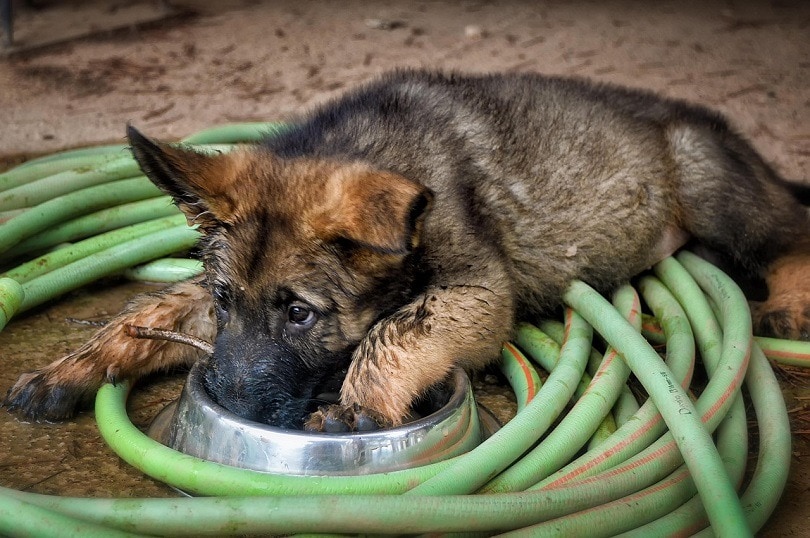
2. Your Shepherd Ate Something That Didn’t Agree with It
Several foods are on the list of those that dogs—and many other pets—shouldn’t eat. You probably know about chocolate. However, there are also several obscure ones, such as avocados and macadamia nuts. If your Shepherd is feeling ill, it’s more than likely that it will turn them off their food. Of course, some pets consume other things that they shouldn’t, such as high amounts of fat or spoiled food.
3. Eating Is Painful
Dental problems are often a culprit that can turn your pup off its food. Severe cases might make it too painful for your dog to eat. Your poor German Shepherd doesn’t understand the cause and effect. That makes regular dental care imperative. You should brush your pup’s teeth with canine toothpaste that can help prevent gingivitis and periodontal disease that can make eating unpleasant.
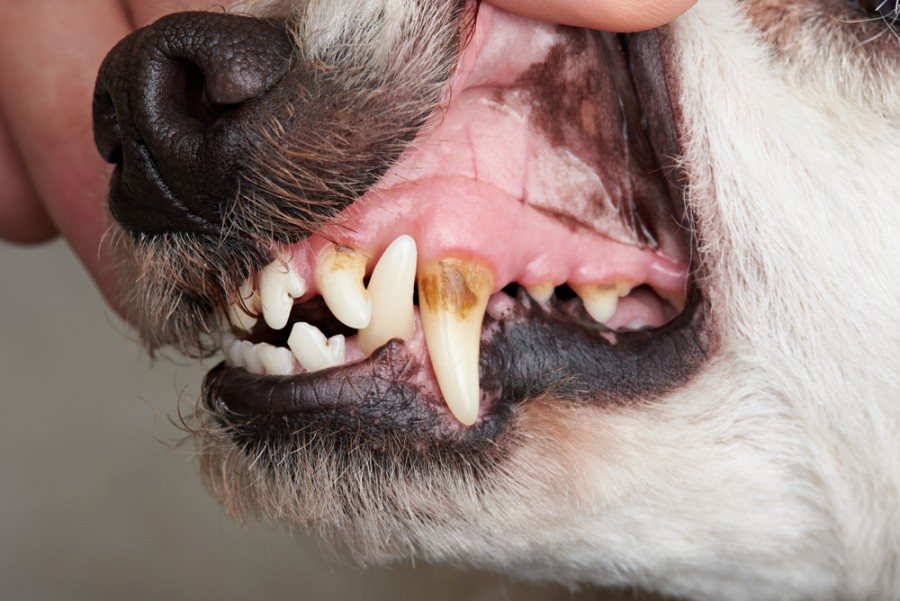
4. Your Dog’s Medications Are Affecting Its Appetite
A common side effect of some canine medications is nausea, which can, in turn, affect your pup’s appetite. Common types include chemotherapy drugs, pain meds, and some antibiotics. Luckily, the symptoms resolve quickly after your pet goes off the things causing the problems.
5. Your German Shepherd Has a Gastrointestinal Parasite Condition
Gastrointestinal parasites can cause a range of symptoms. Fortunately, many are specific to the condition, which makes diagnosis easier. Loss of appetite or unexplained weight loss occurs with several of them, including stomach worms, roundworms, and threadworms. They also resolve quickly once they are identified.
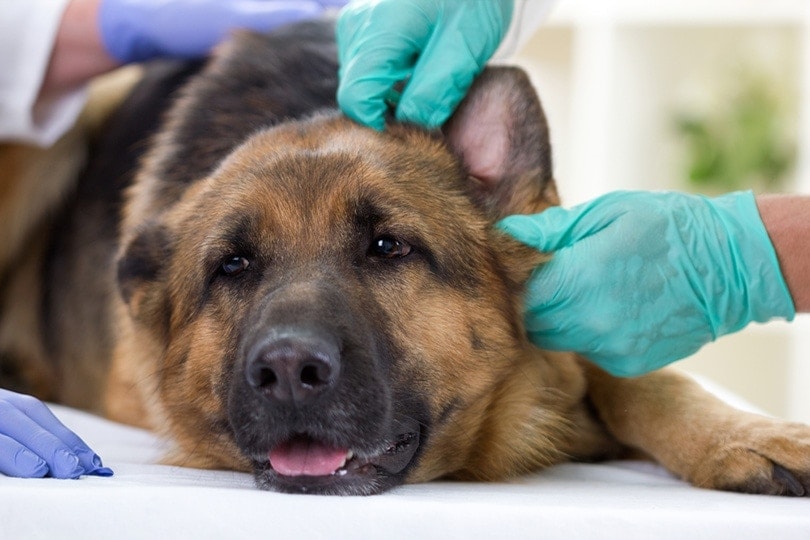
6. Your Pup Is Stressed for Some Reason
Dogs experience many similar emotions as people, including stress. It can have a similar effect on your canine friend as it does on humans. Think of how you feel in a tense situation. Probably the last thing you want to do is eat. That’s a result of the fight-or-flight response. Your body—and that of your German Shepherd—allocate its resources to escaping the threat instead of passive ones like eating.
7. Your Shepherd Is Depressed
German Shepherds are loyal dogs that form close bonds with their owners. They sometimes experience separation anxiety if they are kept alone for long stretches. It can manifest in many ways, including a loss of appetite. The unfortunate thing is that your pet is depressed because you’re not by its side. Counterconditioning therapy can help your pup cope better with your absences.
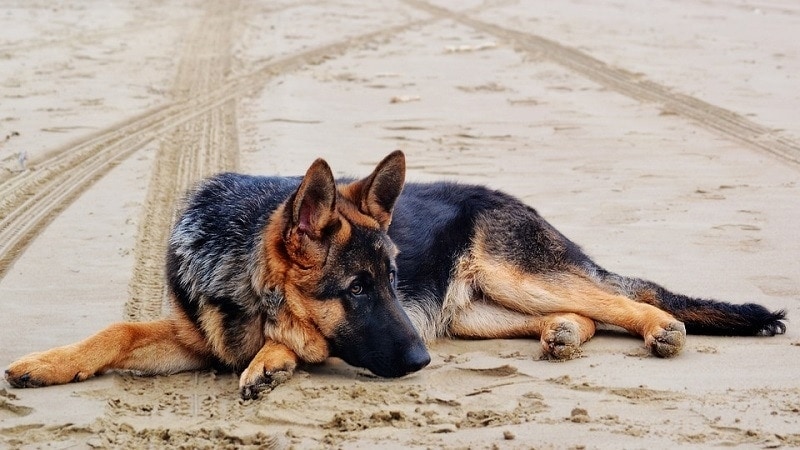
8. Your Dog Ate Something They Shouldn’t Have
Dogs are constantly exploring their worlds, which explains why their noses are down to the ground so often. Sometimes, it leads them on disastrous paths toward ingesting things they shouldn’t have. Veterinarians can tell you a plethora of stories about the things dogs have swallowed, from socks to rocks to Super Balls. A loss of appetite, vomiting, and pain are the telltale symptoms.
9. Other Serious Illnesses Can Cause Loss of Appetite
We started by saying that a loss of appetite isn’t diagnostic because it’s a sign of so many illnesses. The list includes a broad range of conditions, from liver disease to bacterial problems to urinary tract infections. Your vet will likely begin with a complete blood profile. That series of tests can pinpoint several issues that can lead to a resolution of your dog’s loss of appetite.
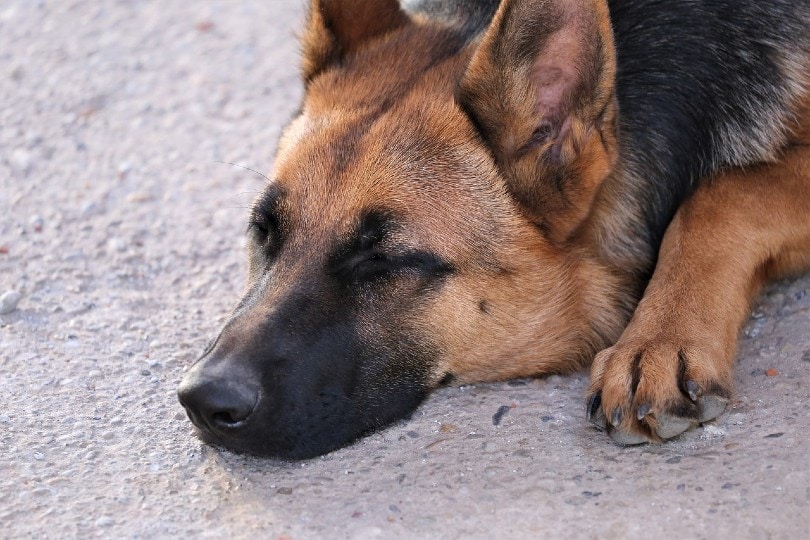
10. Your Pup Has Cancer
Cancer often causes a decrease in appetite, too. It can result from the disease or its treatment. The difference is that it can often result in dramatic weight loss that is visible quickly and noticeably. Veterinarians know that it’s a common side effect and can treat it before anything bad occurs. Keeping your German Shepherd will give your pup its best defense against this disease.
Final Thoughts
Dogs differ from cats in that they often wear their symptoms on their proverbial sleeves. They’ll stop eating for a myriad of reasons that range from benign to severe. That’s why it’s essential to monitor your German Shepherd’s diet and act promptly if there are abrupt changes. Feeding regular meals instead of leaving kibble out is the best way to keep track of what’s going on with your pet.
Related Read:
- How Long Can German Shepherds Be Left Alone? Time Limits & Considerations
- Do German Shepherds Only Bond With One Person? Breed Facts & FAQs
Featured Image Credit: mattycoulton, Pixabay


